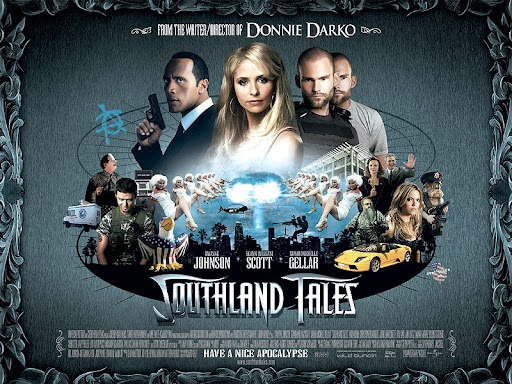Immigration

The following is taken from the text of a Thought for the Day I presented on BBC Radio Ulster this morning.
In a few weeks’ time, I will make a life-changing journey. After 33 years of living in Northern Ireland, I am about to become an immigrant. I’m excited about this move,
not least because I believe that doing something new is one of the best ways to grow as a human being.
But two questions come to mind as I prepare myself for leaving home.
The first is, ‘What it will feel like to be an immigrant?’ Will I be welcomed by the people in my adopted country? Will I stand out? Will I have to sell newspapers at traffic lights or wait tables in restaurants where the indigenous population refuses to work? Will I have slogans painted on the wall of my house telling me to leave? Will I have to rely on churches and charities to defend my human rights? If there is something wrong with my visa, will I be handcuffed and detained indefinitely?
In considering my own imminent immigrant status, I am very aware of how often I have failed to welcome the people who have migrated to Northern Ireland recently. I have not always sought to see the good in the faces of people who have arrived here, often coming from difficult circumstances. I hope people will respond differently to me as I move overseas, and help me find a sense of home when I get there.
The second question is, ‘What I will miss when I leave?’ We have a reputation
for complaining in this society – but I want to remember what it is about being northern Irish that makes us all feel, at times, that this is the greatest place on earth.
Of course I’ll miss my friends and loved ones – and hopefully they’ll miss me too.
I’ll yearn for our sense of humour – especially the ability to laugh at ourselves.
In my mind’s eye, I’ll visualise the natural landscape – from the reward of the view after the walk up the Silent Valley to the way evening light hits the lough shore in Randalstown Forest.
And I will miss the sense of community that is bound together by our local media when they’re at their best.
Finally, of course, there is our extraordinary political experiment – the attempt to resolve a violent conflict without victory or defeat, but through agreeing to disagree, to put the past behind us, and to share power for the sake of all the people.
It’s got its teething problems, of course, but we are also often very hard on our politicians. So I want to end my last Thought for the Day as a Northern Irish resident with the hope that we might, after decades of complicated and painful relationships, be able to commit ourselves to something simple: to decide always, before we start complaining, to first do this: to try to see the good in each other.


